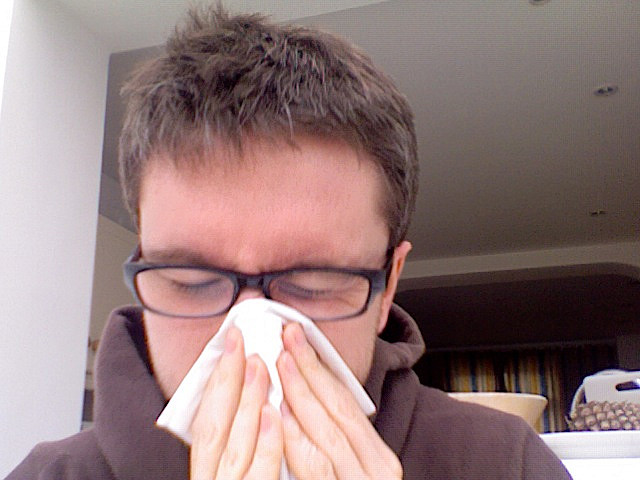
by admin | Oct 27, 2014 | Natural Facts
An important step in fighting stress is learning to calm the mind and body. Among the easiest methods to learn are relaxation exercises. The goal of relaxation techniques is to produce a physiological response known as a relaxation response — a response that’s exactly...

by admin | Oct 20, 2014 | Exercise
Exercise is an important part of any health plan and an excellent way of keeping your immune system in shape as well. While most people know that staying active is essential if you want to live a healthy life, starting an exercise routine can be daunting for anyone...

by admin | Oct 13, 2014 | Weight Loss
Introduction: Some normal weight individuals show obesity-related characteristics such as insulin resistance, elevated fasting blood sugar levels, high triglyceride levels, and high blood pressure. Although eating a high carbohydrate diet is linked to these findings,...

by admin | Oct 7, 2014 | Childrens Health
Introduction: The long-chain omega-3 fatty acids EPA and DHA found in fish and fish oil supplements are absolutely critical to optimal brain function. A new study by researchers from the University of Pennsylvania found that supplementation with 1,000 mg of omega 3...

by admin | Sep 30, 2014 | Natural Facts
Introduction: It has been over 40 years since Linus Pauling wrote the book, Vitamin C and the Common Cold. Dr. Pauling based his opinion on several studies that showed vitamin C was very effective in reducing the severity of symptoms, as well as the duration of the...








